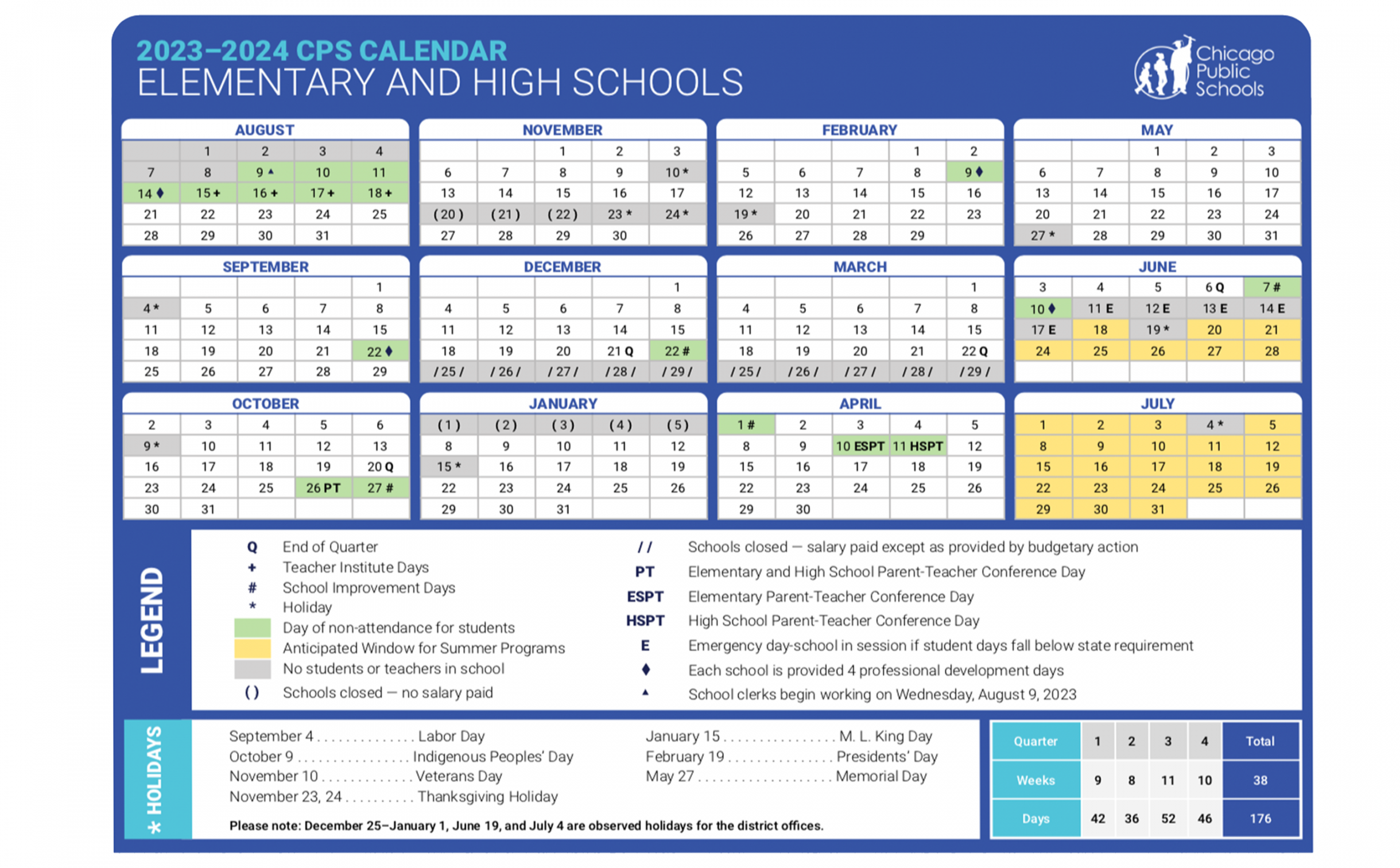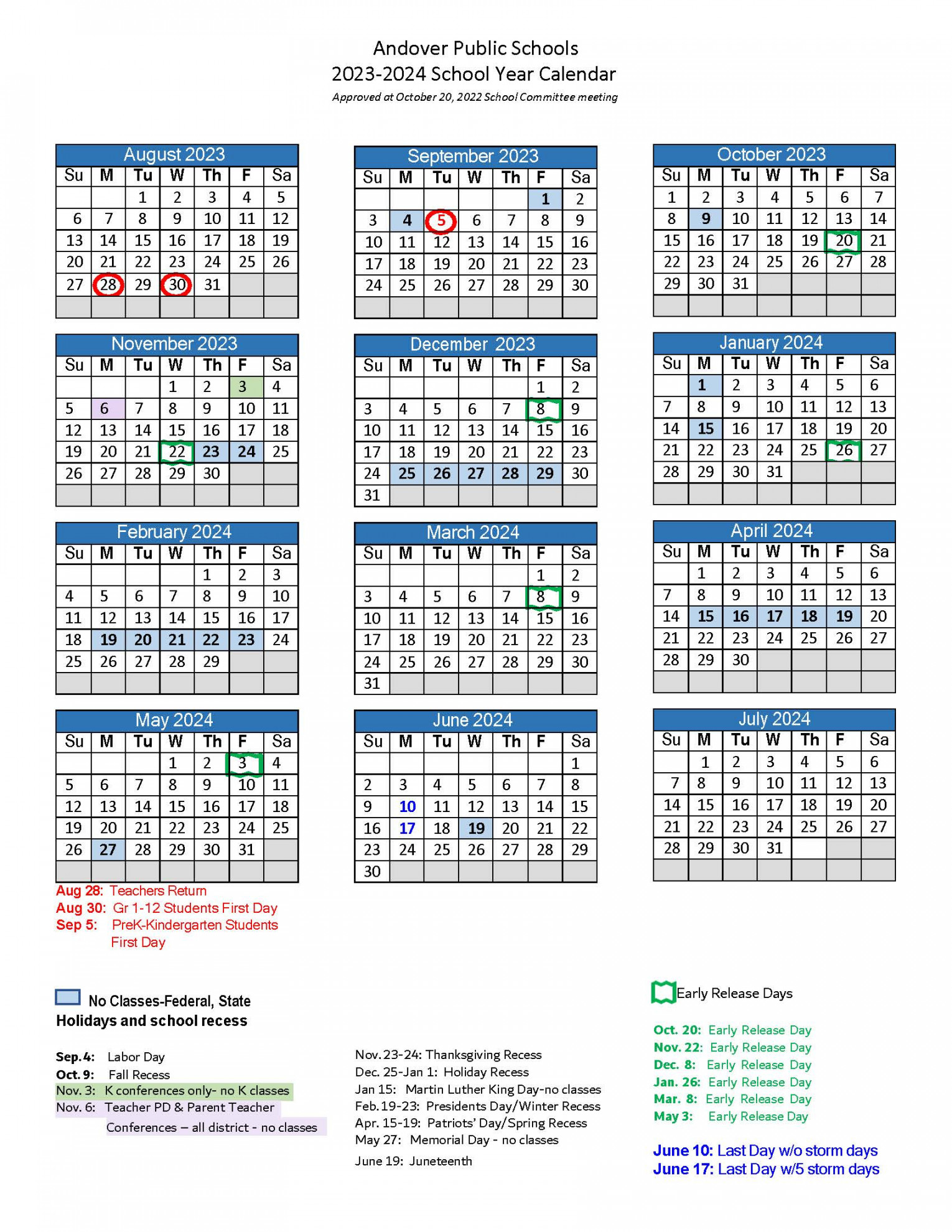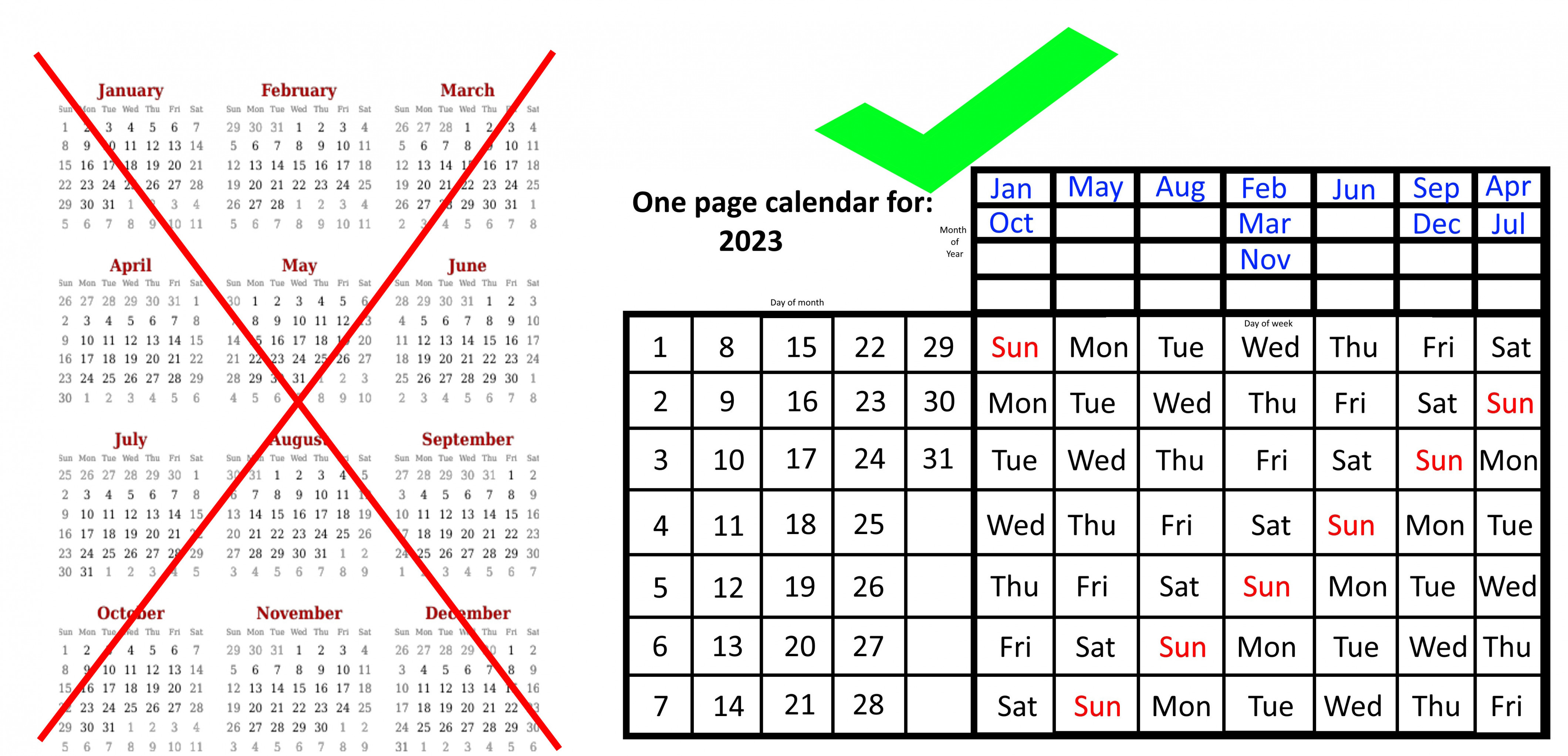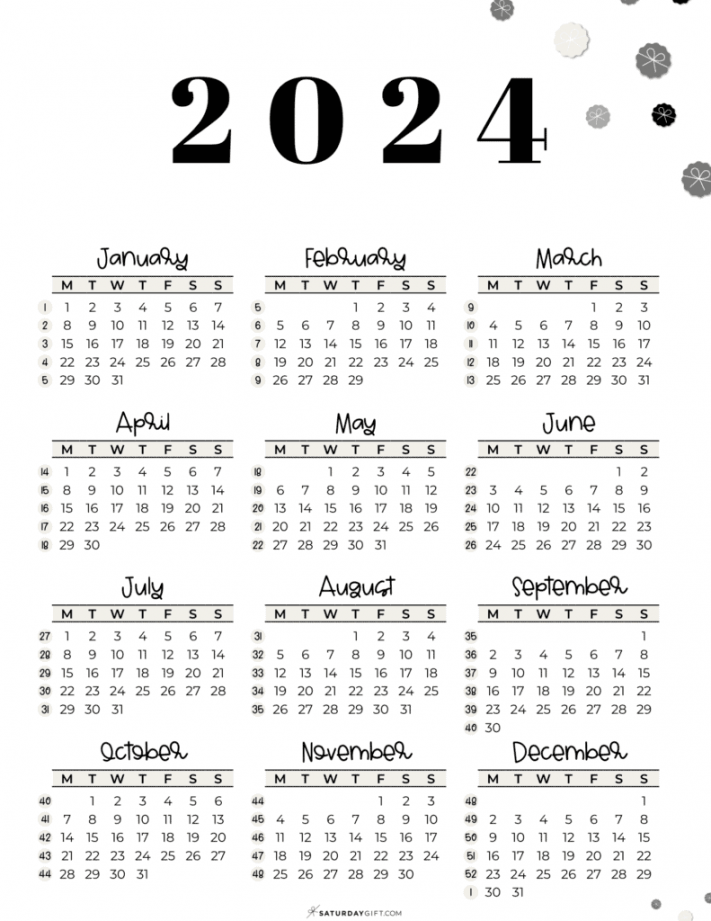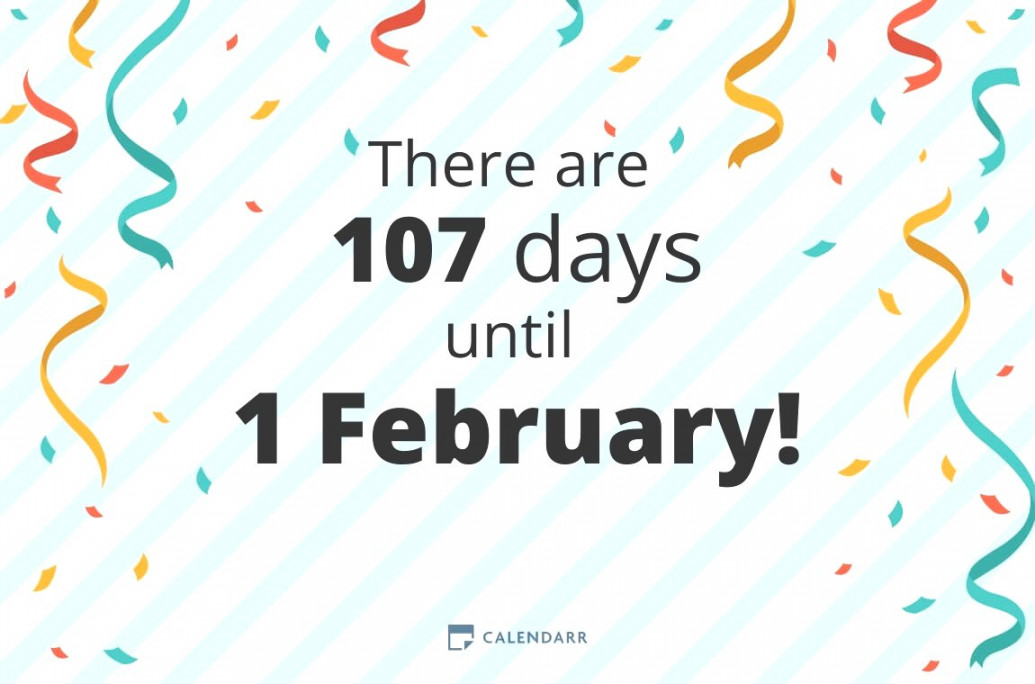The 2024 field braces for a ‘devastating’ fall, with drop-outs on the horizon
Either one has killed campaigns in the past. And another big pressure point is on the horizon, too: The influential Koch network is expected to put its resources behind one of former President Donald Trump’s rivals — which candidate is unclear — sometime after the fundraising reports are due in mid-October and before the holidays, according to a person familiar with their strategy. Its 36-state network of organizers, vaunted data operation and potentially millions of dollars in support would be a boon to any candidate and represents a terminal threat to others.
“I don’t know that I would get out as early as I did, but if I were them, I would certainly not wait until January, especially if they can’t build any traction after these next couple of debates,” said former Wisconsin Gov. Scott Walker, who dropped out of the 2016 presidential campaign eight years ago last week. “I think there’s going to be a massive drop-off in the next few months in terms of support.”
The first debate resulted in little movement in public opinion polls, with a large group of hangers-on still far behind Trump. If Wednesday’s debate is just as inconsequential — not unlikely, given Trump’s refusal to participate — candidates who had banked on break-out debate performances to attract donors or improve their polling will face increasing pressure to drop out.
“I think we’ll have to see some candidates make hard choices before the third debate,” said Alex Conant, a Republican strategist who worked on Sen. Marco Rubio’s 2016 presidential campaign and is unaffiliated in the current contest. “The third quarter filing deadline could be devastating for some candidates. If you haven’t shown real growth in the third quarter and [don’t] have hard dollars to wage a competitive campaign at this point, I think you need to reassess the viability of your campaign.”
The Republican National Committee announced requirements for the third debate last Friday, and some candidates are at risk of missing out. Four candidates — Trump, Florida Gov. Ron DeSantis, former South Carolina Gov. Nikki Haley and biotech entrepreneur Vivek Ramaswamy — have already qualified, and former Vice President Mike Pence has met the polling threshold, according to a POLITICO analysis. But Pence has not yet confirmed that he has hit the 70,000-donor threshold to qualify for the third debate, and everyone else is on the bubble.
If history is any guide, the primary is long past due for dropouts. The fall prior to a presidential election has traditionally been a bleak time for also-rans: In addition to Walker withdrawing in September 2015, then-Texas Gov. Rick Perry withdrew his candidacy that same month. In the 2012 primary, former Minnesota Gov. Tim Pawlenty withdrew in August 2011.
The pressure on lower-polling rivals to bow out is greater than it was in previous years, after Republicans witnessed in 2016 how a large field of candidates could divide the vote, handing the nomination to Trump. And the 2024 proceedings start more than two weeks earlier this time around: The Iowa caucuses are slated for Jan. 15, compared to Feb. 1 in 2016.
The former president is lapping the field in early states and national surveys by as many as 35 points. Unlike earlier this year, gone is the expectation that Trump’s legal woes could eliminate the frontrunner from the primary field.
“I don’t think anybody believes that he’s going to be convicted of anything before the election in November of next year,” said veteran Iowa Republican strategist David Kochel, who worked on both of Mitt Romney’s presidential campaigns as well as Jeb Bush’s.
So far, only Miami Mayor Francis Suarez has suspended his campaign, dropping out after failing to qualify for the first debate. A spokesperson for the Koch network said it had not yet made any decision on an endorsement or timeline. Several candidates are sitting on substantial super PAC support or personal wealth that could sustain them for longer than might otherwise be possible. And no one is planning on it being them heading for the exits.
A Republican strategist working in support of DeSantis, who has backslid in recent months, compared the Florida governor’s primary trajectory to that of former President Barack Obama’s. He lagged in polling behind Hillary Clinton by as much as 20 points ahead of the 2008 Iowa caucuses.
“Do you remember how many articles said Barack Obama was dead in 2007? A lot,” the strategist said. “Because Hillary was basically the incumbent president, similar to Trump, but Obama understood the mechanics and organization needed to surprise in a state like Iowa.”
Kristin Davison, a top adviser to Never Back Down, the super PAC backing DeSantis, described the rose-colored plan for DeSantis bluntly: DeSantis hangs on, gives a commanding performance in the Iowa caucuses, and ultimately draws the support of all the candidates who drop out.
“There will be a natural winnowing down,” Davison said. “After these folks start bowing out — they don’t make the debate stage and drop out, they underperform in Iowa or don’t do well in New Hampshire like they should — all of those supporters are going to come to DeSantis.”
But so far, there’s no sign of an imminent flocking of Republican voters to the Florida governor. And none of the other competitors say they’re ready to give up.
A super PAC supporting Scott, the South Carolina senator who earlier this year was floated as a potential donor-class darling, has already spent or reserved a staggering $37 million in ads ahead of the Iowa caucuses. An adviser to Scott’s campaign said the team’s long-game strategy isn’t changed by “one debate or one week or one poll.”
And Haley’s camp says the process is playing out as they intended: Since her launch in mid-February, her campaign has avoided spending any money on television ads — something her allied super PAC is now doing. After struggling to gain traction for months, the first debate gave Haley her first real moment in the spotlight this primary, and public polling shows she benefited from the debate more than any other candidate.
Her team is banking on the momentum compounding, though Haley would need to close the gap by as much as 35 points in Iowa and New Hampshire to catch up with Trump.
“Nikki is carving out her own lane,” said Olivia Perez-Cubas, spokesperson for Haley’s campaign, adding that Haley “showed her toughness at the UN when she went toe-to-toe with China and Russia, and she’ll bring that same toughness to the debate stage.”
The path forward is even less conceivable for candidates like Pence, Christie, Hutchinson and Burgum, the North Dakota governor. Those candidates’ polling averages in Iowa are less than 3 percent, though Christie is among the competitive undercards in New Hampshire, where he is focusing most of his attention. An adviser to Christie’s campaign confirmed the former New Jersey governor is committed to staying in the race until the New Hampshire primary — adding it will be a “tough path forward” for the rest of the field running as “Trump Lite” — but the other campaigns did not respond to requests for comment about their current path to viability.
Hutchinson, the former Arkansas governor who did not qualify for Wednesday’s debate, said in a prepared statement that his “goal is to increase my polling numbers to 4% in an early state before Thanksgiving” and that “if that goal is met, then I remain competitive” in the primary.
Former House Speaker Newt Gingrich, who ran in the 2012 GOP presidential primary and stayed in the race until May of that year, said he didn’t feel any pressure to exit the field the autumn before.
“Not until I ran out of money,” Gingrich said.
He said he doesn’t think the current crop of candidates should have to bow out so soon, either.
“As long as people are in a position to raise the money and maintain some kind of general ability to move onward, they have every right to stay in,” he said.
However, Gingrich said, he sees no path to viability for anyone other than Trump.
“The more people that stay in,” he said, “the more likely it is that Trump becomes the nominee.”
Candidates critical of Trump will have that imperative to exit. But it isn’t the only one. Walker, who had been a frontrunner in the 2016 primary before falling back and, ultimately, withdrawing, described himself as “one of the wise ones” that year.
“As I joke,” he said, “I got out before I got a nickname.”
CORRECTION: An earlier version of this report misstated the year Newt Gingrich ran for president. He ran in the 2012 GOP presidential primary.
